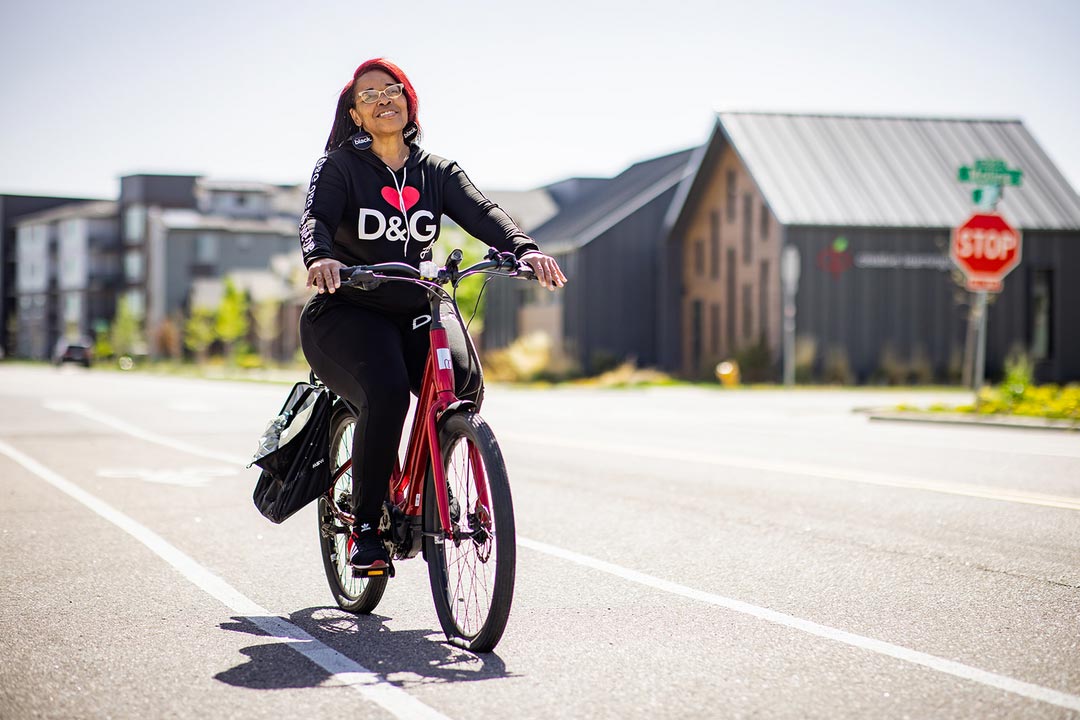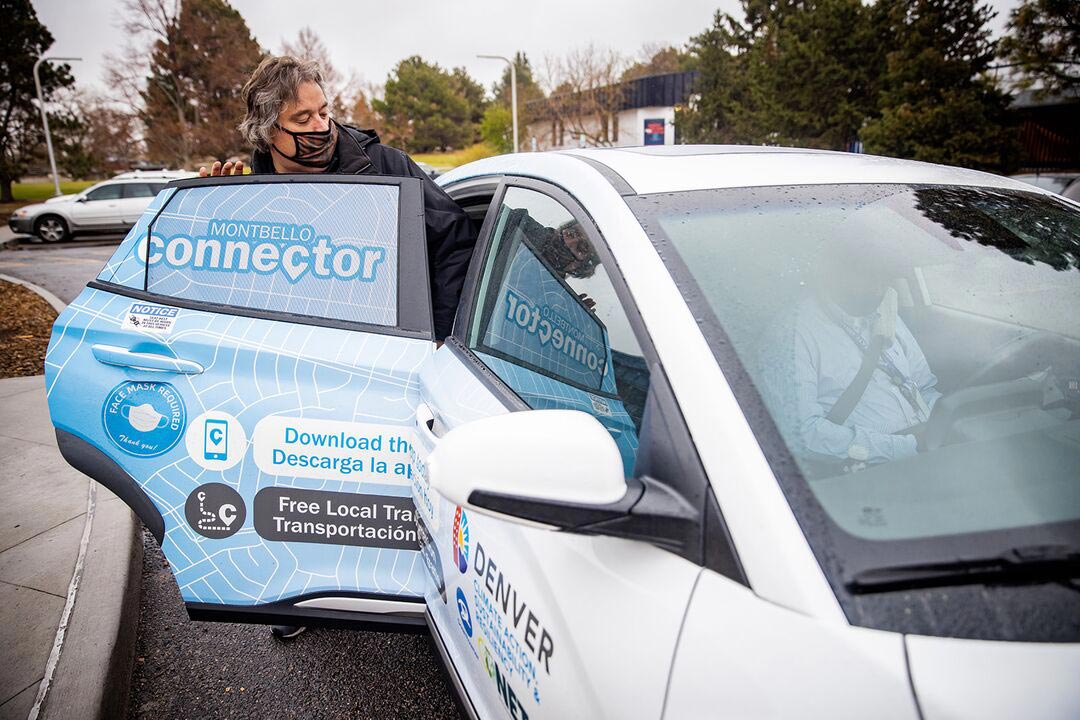Tracking State Progress
Six states are leading efforts to cut emissions — and their success is inspiring others
This is an excerpt from RMI's 2022 Annual Report.
Read the full report.
Even with the historic passage of the Inflation Reduction Act in August 2022, which provides $369 billion of investments in clean energy technologies, US states are setting the pace toward a clean energy transition, and are critical to fulfil the promise of the surge of federal investment.
RMI is analyzing this state action through a series of novel climate scorecards, launched in June. To date, the State Climate Scorecards show the progress of six key states — California, Colorado, Illinois, New Jersey, New York, and Washington. These front-runner states are key to tackling climate-warming pollution nationwide. In addition to setting bold targets for clean energy and climate action, the states analyzed makeup roughly a fifth of US greenhouse gas emissions.
The scorecards measure progress across four major economic sectors — electricity, transportation, buildings, and industry. Using the Energy Policy Simulator for states, developed by RMI and Energy Innovation, we developed a detailed picture of each state's current progress on climate and where current policies will take them by 2030. The scorecards are a free resource to support states in achieving their climate goals.
“The importance of state leadership at this moment can't be overstated. States have the ability to leverage federal resources, plan for projects that center benefits for local communities, and act nimbly in a way that is limited on the federal level,” said Kyle Clark-Sutton, manager in RMI's US Program.
“These scorecards show clear milestones and pathways to deliver on clean energy, transportation, and conservation goals this decade to maximize job creation, public health benefits, and future resilience.”
The scorecards made a big splash, with coverage in the New York Times, the LA Times, the Boston Globe, Scientific American, Axios, Politico, and others. We also profiled the project through a new visual storytelling format on our website, focusing on Colorado. The story, with over 1,500 views to date, discusses how this fast-growing state is tackling its transportation emissions using human-centric stories.
The scorecards are already guiding climate change action by nonprofits, state governments, and government coalitions. For example: the Midwest Building Decarbonization Coalition plans to use scorecard data to galvanize new action in Illinois; New Yorkers for Clean Power are exploring how to use the RMI analysis; and The Energy Foundation is using the scorecards to guide its state strategy
RMI will continue working with state administrations and partner organizations to serve California, Colorado, Illinois, New Jersey, New York, and Washington as they continue this all-important race to reach their climate goals.
Case Study: Creating Community Resilience Hubs in Texas
When storm URI slammed into Texas in 2021, it left more than 200 people dead and close to 4.5 million people without power. In response, local Texas governments have sought technical assistance from RMI to both engage state-level policymakers to advocate for system-wide reform and implement community resilience hubs to provide local residents with shelter, backup power, and resource distribution before, during, and after disasters. These hubs are typically equipped with both rooftop solar and battery storage, allowing them to provide resilient, renewable power to the community year-round. They also advance social equity by providing services to low-income and minority neighborhoods, which were hit especially hard during Storm Uri and were more likely to lose power first and have it restored last.Meet Shalon Bowens, E-bike Advocate
Denver resident Shalon Bowens is part of Colorado's solutions to its transportation emissions. Like many Coloradans, Bowens drives an SUV. “I was tired of driving so much,” she says. “I wanted to lose weight, get exercise, and not burn gas.”
Now her 2004 Ford Explorer sits in her garage as she rides her electric bicycle to work and around the city. Bowens is a participant in Can Do Colorado's eBike Program, which distributed e-bikes, locks, and helmets, and provided biking safety training to low-income essential workers at no cost.

Today, Bowens uses her e-bike to commute to her office at It Takes A Village, a nonprofit organization that works to reduce health and social disparities among people of color. “I normally drive my car to work, but now I ride the e-bike every day,” she says. “I also use it to run to hospitals to administer COVID tests for my job, to get groceries, and to visit friends.”
And for Bowens, the shift has been transformative, both physically and financially. She lost 85 pounds since she first got her e-bike, and is saving about $200 a month on gas. Bowen's success inspired her mother, sister, and daughter to follow her example — they all bought e-bikes, too. “I was glad I was able to be an example to the community,” she says. “We're making a difference.”

“As the US invests significantly in clean energy, RMI’s US Program is playing a key role in shaping our country’s climate future. I’ve chosen to direct all my current philanthropy to RMI because if we don’t solve this crisis, nothing else will matter."
—Bonny Meyer, Principal, Meyer Family Enterprises
